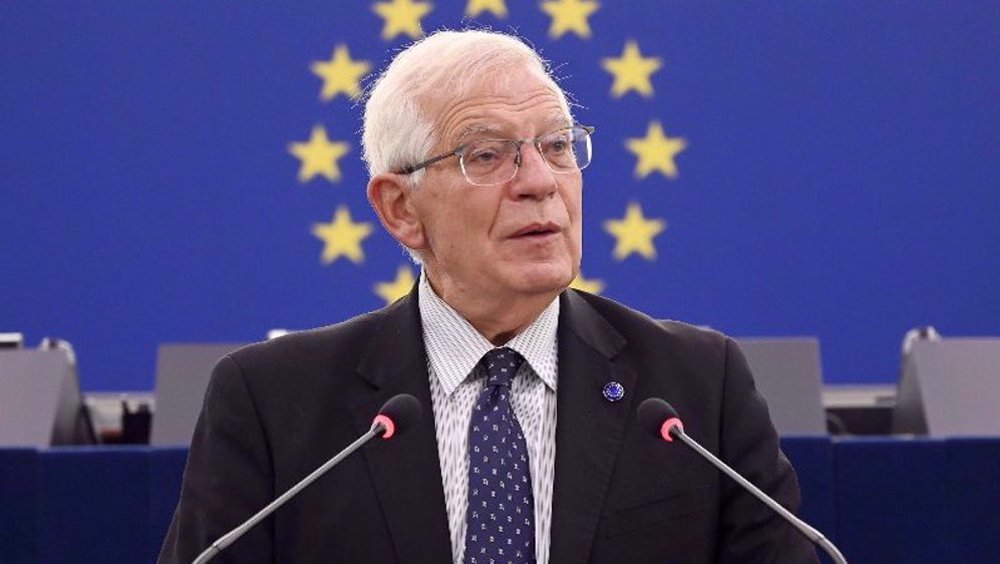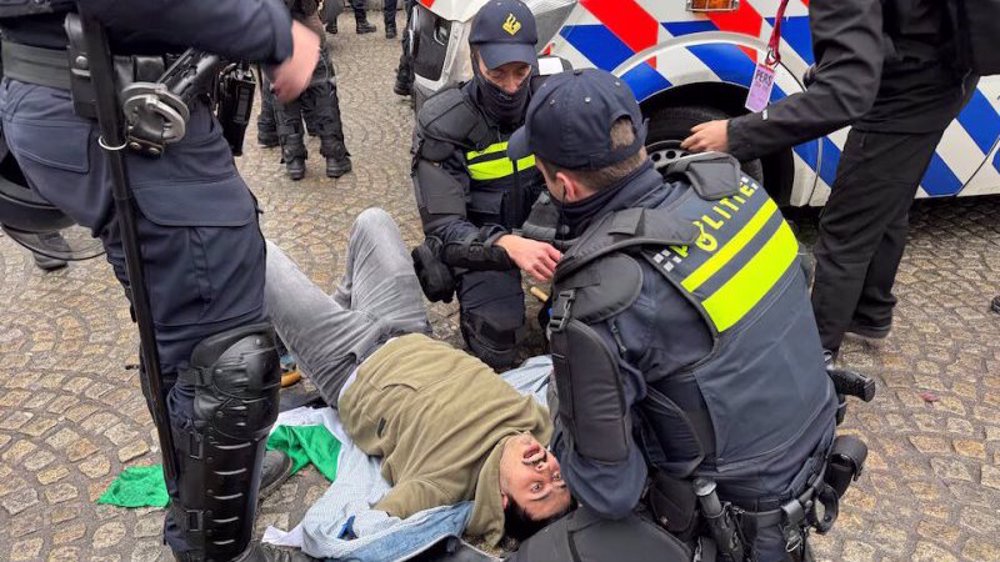EU shouldn’t view itself as economic hub of universe: Greek PM
Greek Premier Alexis Tsipras has said that Europe Union needs to understand that the center of world economic development is shifting to other regions.
Speaking at St. Petersburg International Economic Forum in Russia on Friday, Tsipras said that the financial hub of the world “has already shifted” as new powers are playing a more and more “important role on an economic and geopolitical level.”
“The world differs from what it was before. We in Europe had an illusion for a long time of literally being a hub of the universe, as a center of the world and continued to see and rely only on our direct surroundings," Russia Today news channel quoted the premier as saying.
Highlighting the role of the new world economic blocs such as regional cooperation in Asia and the BRICS partnership, Tsipras emphasized that international political and economic relations were getting more and more multipolar.
“The Eurasian [Economic] Union is a new formation of regional integration and is a potential example of new sources of wealth production, benefits and new economic powers.”
The Greek premier also strongly criticized the US-led sanctions against Russia, saying the “vicious circle” of western sanctions triggered by the Ukrainian crisis must end.
“The crisis in Ukraine has opened a new wound in the heart of Europe, a wound of instability,” Tsipras said, adding, “And this is a very bad sign for international relations because instead of prosperity and economic cooperation in the region, we see processes leading to war, militarization, and sanctions.”

Tsipras traveled to Russia on Friday to meet with President Vladimir Putin and discuss a range of issues.
Media reports speculate that the Greek premier’s visit to Moscow may be aimed at discussing potential loans from Russia, as Athens has been unsuccessfully trying to reach a bailout deal with several Western lenders.
Russia’s Deputy Prime Minister Arkady Dvorkovich has already said that Moscow is ready to consider offering loans to debt-stricken Greece, which is struggling to secure financial aid from its Western creditors.
Greece’s international lenders – the European Central Bank (ECB), the International Monetary Fund (IMF), and the European Commission – refuse to pay Athens the remaining part of the debt-ridden country’s bailout program, saying that the country must first implement further economic reforms.
JR/AS/MHB
Hezbollah attacks Israeli forces after Lebanese homes blown up
World leaders, states hail ICC arrest warrants for Netanyahu, Gallant
MP: US accountable for possible Israeli 'foolishness' to attack Iraq
VIDEO | Israeli policies strangle Palestinian agriculture, economy
Iran's president offers condolences to Pakistan over terrorist attack
Canada’s Yukon town council at standstill over refusing oath to King Charles
Yemen's Houthi calls for jihad to protect Palestine against Israel
VIDEO | Internal rifts within Israel










 This makes it easy to access the Press TV website
This makes it easy to access the Press TV website